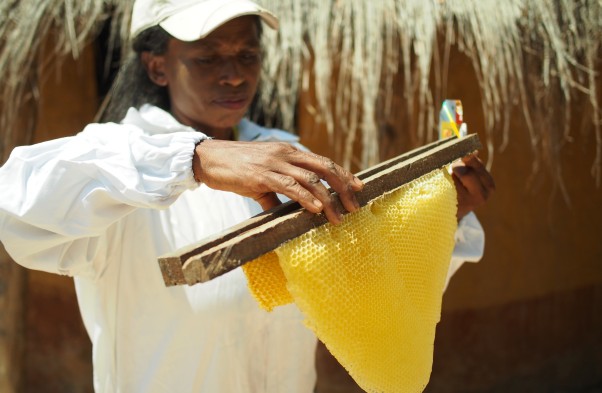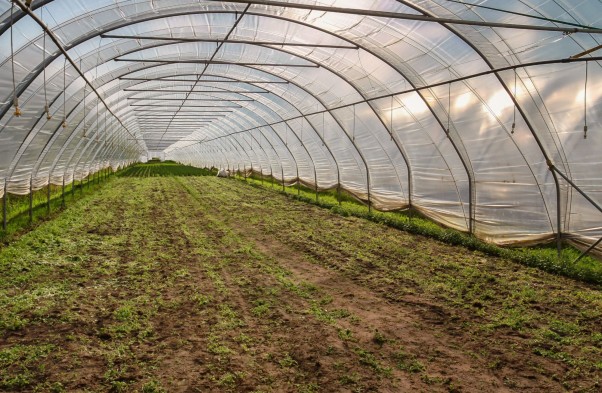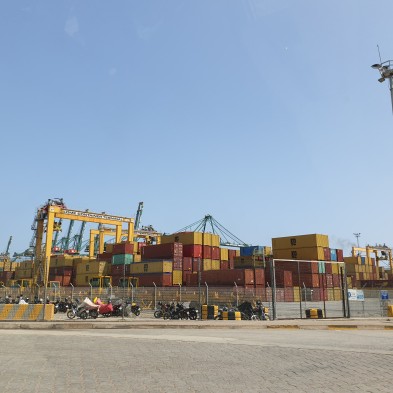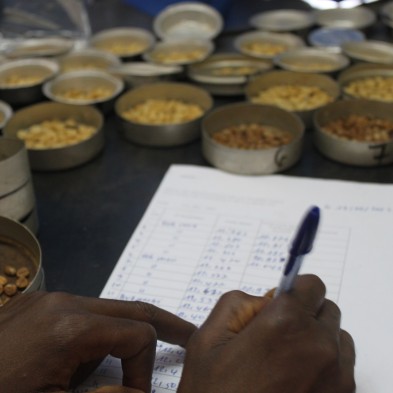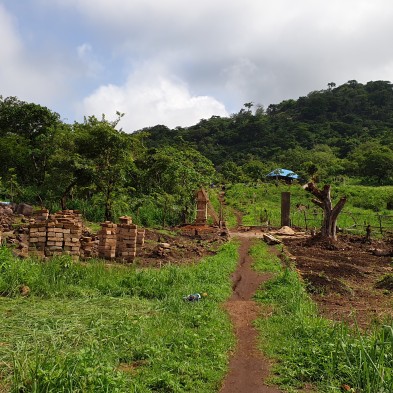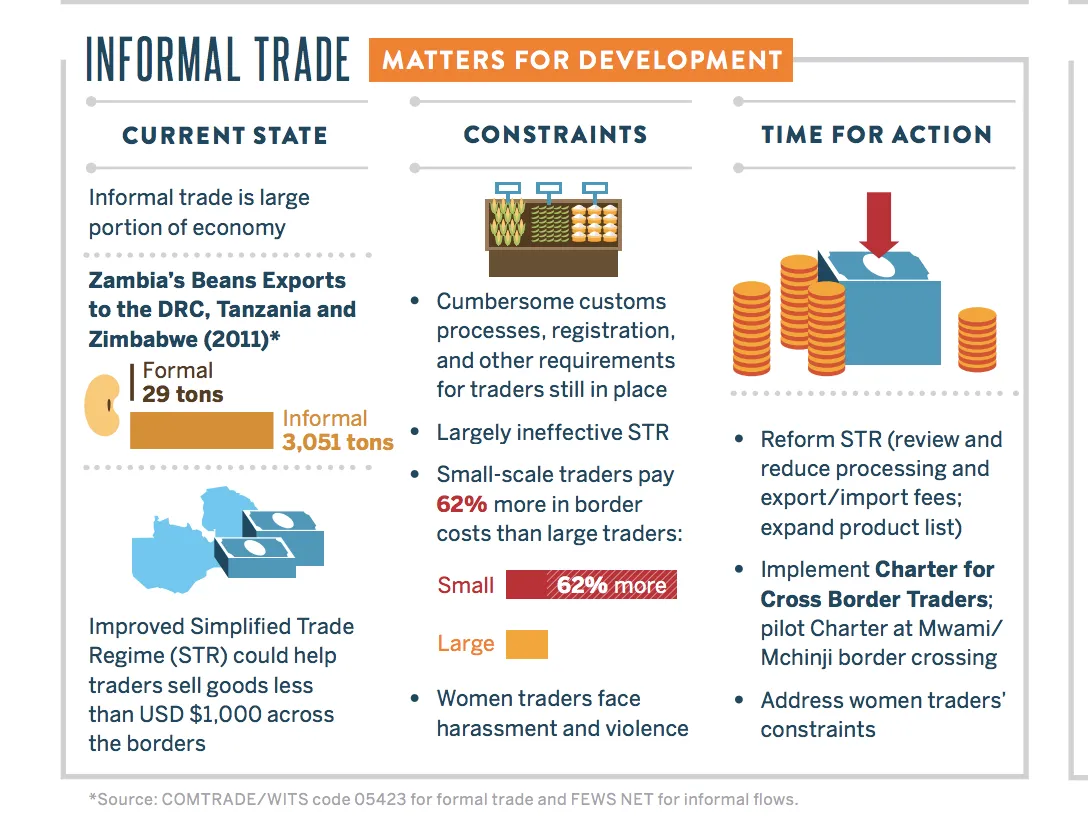
EIF is supporting Zambia to create and implement evidence-based trade policies to strengthen the country's participation in regional and global markets.
Targeted strategic support was and is being provided in the honey sector, women's economic empowerment and complying with sanitary standards.


- The Enhanced Integrated Framework (EIF)'s support to the honey sector in Zambia increased production, improved the quality of the honey and protected the environment. This directly resulted in income from exports increasing from USD 684,000 in 2011 to USD 6.09 million 2022.
- The EIF and the World Trade Organization (WTO) Standards and Trade Development Facility (SDTF) collaborated on a Sanitary and Phytosanitary project to connect Zambian entrepreneurs with improved export‑quality infrastructure. This led to the export of blueberries to South Africa and avocados to the European Union, improving livelihoods at the grassroots level.
- SheTrades Zambia, a collaborative project between the EIF and the International Trade Centre (ITC), catalyzed the effects of scale and led to the creation of a second SheTrades programme. Women entrepreneurs experienced an increase in sales, 126 jobs were created in the first project, and 12 new export markets were developed.
EIF is working to support Zambia's integration into the international trading system.
Results:
- Zambia participated in negotiations to establish a One Stop Border Post between Zambia and Tanzania, with an agreement signed in April 2017.
- In partnership with Sweden’s National Board of Trade, EIF (through the Ministry of Commerce, Trade and Industry) is rolling out an innovative curriculum of Trade Policy and Development courses at the University of Zambia.
- Two domestic trade surveys on edible oils and retail mall shopping were conducted in January 2017 to support policy formulation.
EIF strengthened the already existing relationships between honey producer groups and processors, and supported the construction of centres to provide easy access to markets for honey and honey products. Before the project, beekeepers kept honey in whatever containers they would get and incurred costs in transporting their product long distances looking for buyers. Now, in communities with bulking centres, honey is sold within the communities and prices are negotiated. Honey producers (30% are women) are being trained to improve productivity and quality. Resources have been distributed to beekeepers, including beehives and equipment to test honey quality in terms of moisture.
Results:
- 18 centres constructed, and communities made contributions in kind to construction, which helped create a level of ownership and an interest to maintain facilities. The centres contribute to improved quality, access to markets and reduced transaction costs.
- Quality of honey from trained beekeepers improved by 60-75% compared to honey produced by untrained beekeepers.
- 6,580 beekeepers trained in apiary management.
- Resources distributed to beekeepers included 5,638 modern beehives, 4,000 sets of protective clothing, 5,000 harvest and storage buckets and 2,000 smokers.
- Adoption of modern beekeeping technologies has created an environment where women are encouraged to participate in the sector without being exposed to health hazards. The project deliberately targeted groups and entities that are led or owned by women participating in the sector.
- Kabule Women’s Beekeeping group, a group of 20 women based in Kapiri Mposhi, received training and were linked to Luano Honey as their main buyer, thereby increasing their production from 45 buckets of honey at the start of the programme to more than 300 in 2015.
The aim of SheTrades Zambia is to enable Zambian women to benefit from economic participation focusing on agricultural and textiles and garments value chains. SheTrades Zambia (an initiative of the International Trade Centre) will advocate for a conducive business environment for woman entrepreneurs, give woman entrepreneurs access to the skills and support systems required to run successful businesses and connect woman-owned enterprises to local, regional and international markets.
EIF is working to improve Zambia’s phytosanitary capacity and increase the confidence of trading partners through compliance with phytosanitary requirements. This is cofunded by the STDF in Zambia and the SADC.

